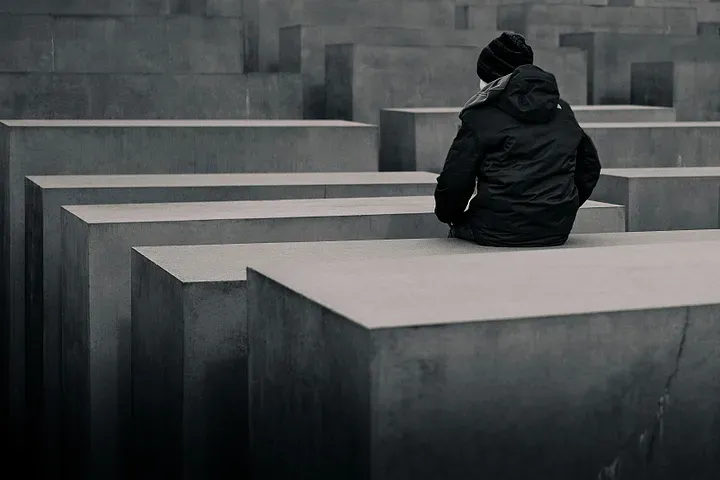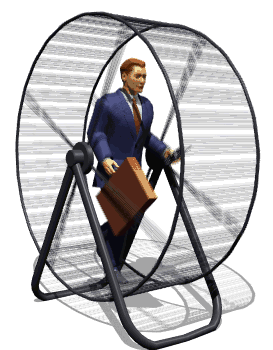The Curse of Knowledge: The Danger of Studying Too Much.
How to Prevent Studies from Turning You into a Fool.

Image source
On my way to the bus stop, I could see the bus approaching from about 200 meters away, even before the sun rose around 5:30 in the morning. If I ran fast enough, I could still make it on time. In total, my commute to work, which involved a train and another bus for the final stretch, took three hours a day. In my backpack, I used to carry three books at the same time until I bought a Kindle. I remember trying to peel off what I thought was a protective paper covering the screen of the new device, only to realize it was the Kindle itself, already on, with its screen that perfectly mimics paper.
Photo by freestocks on Unsplash
My commute routine to work was the same as countless people who lived in Mauá, a small town, and worked in the capital of São Paulo in Brazil. My mother did this for over forty years, and I did for just ten, as the standard sermon of Mrs. Claudia changed my life:
You need to study to be someone in life, when I was your age I washed clothes by the river to buy my books.

Image source
I grew up hearing this phrase every week. And I confess, I didn’t like to study. I discovered my mother was right when I landed my first job: I was the oldest in a group of thirty interns, all smarter than me. Almost all of them had studied at a prestigious school in the capital before joining the best universities in Brazil. I felt I had no chance to stand out unless I “made up for lost time.” It was in this pursuit that books became a fundamental part of my life.
Twenty years and more than a hundred books later, I find myself reflecting on a transformative journey. Books, those steadfast companions, have the power to reshape our lives in unexpected ways. Today, I share this odyssey, revealing how, at times, even the pursuit of knowledge can lead us down surprising paths, sometimes even altering us in ways we didn’t anticipate — and not always for the better. This narrative isn’t just about the books themselves, but about the profound impact they’ve had on my life, in all its nuanced complexities
Awakening critical sense
My story with books begins with philosophy. I am the type of person who wants to understand the “why” of things. In school, I struggled with teachers who just passed on content, but did well with those who explained the “why” behind things. And what other discipline seeks to explain everything, even the inexplicable?
An article from the Association of Internet Research Specialists reveals that philosophy is more than just old books and complex theories. It’s an intellectual adventure, inviting readers to embark on a journey of questioning and critical thinking. Imagine philosophy as a mental gym, where instead of lifting weights, you’re lifting ideas, challenging your mind to flex and grow. This fresh perspective transforms philosophy from a mere academic pursuit into a dynamic catalyst for profound reflection.
Image source
Philosophy led me to rhetoric and logic. I had mathematical logic in University, but always found it too abstract. It’s not hard to understand the mechanics of the Truth Table, but why are things this way?
A book titled “Introduction to Logic” by Irving M. Copi, clarified the subject by addressing it at the level of everyday language. To this day, I often employ paradoxical syllogistic reasoning to show people that we are not as logical as we think.
Source
Syllogistic reasoning:
All men are mortal.
Socrates is a man.
Therefore, Socrates is mortal.
Paradoxical syllogistic reasoning:
Everything that is rare is costly.
A good cheap car is rare.
Therefore, a good cheap car is costly.
Thanks for reading my post.
Text source